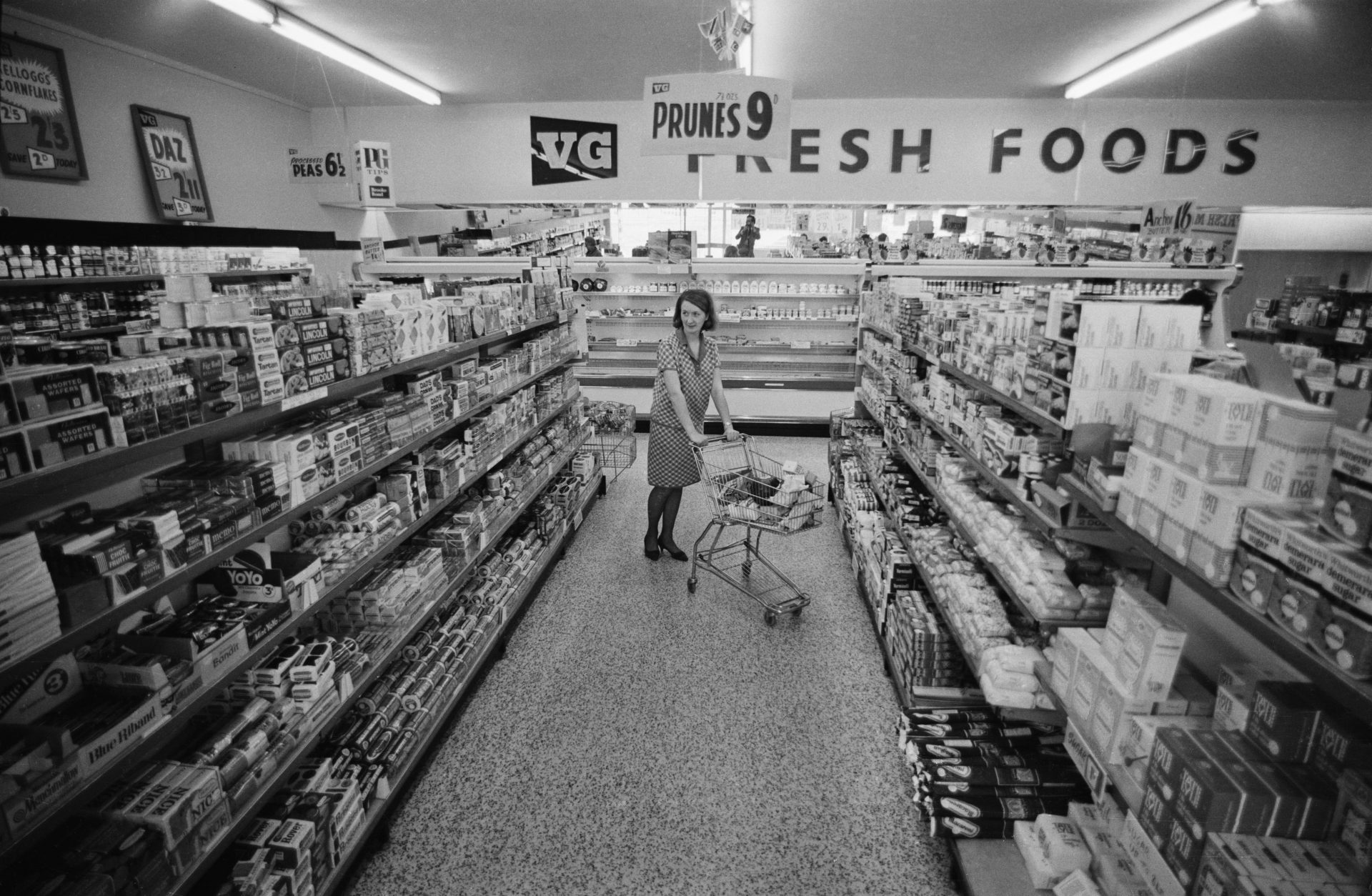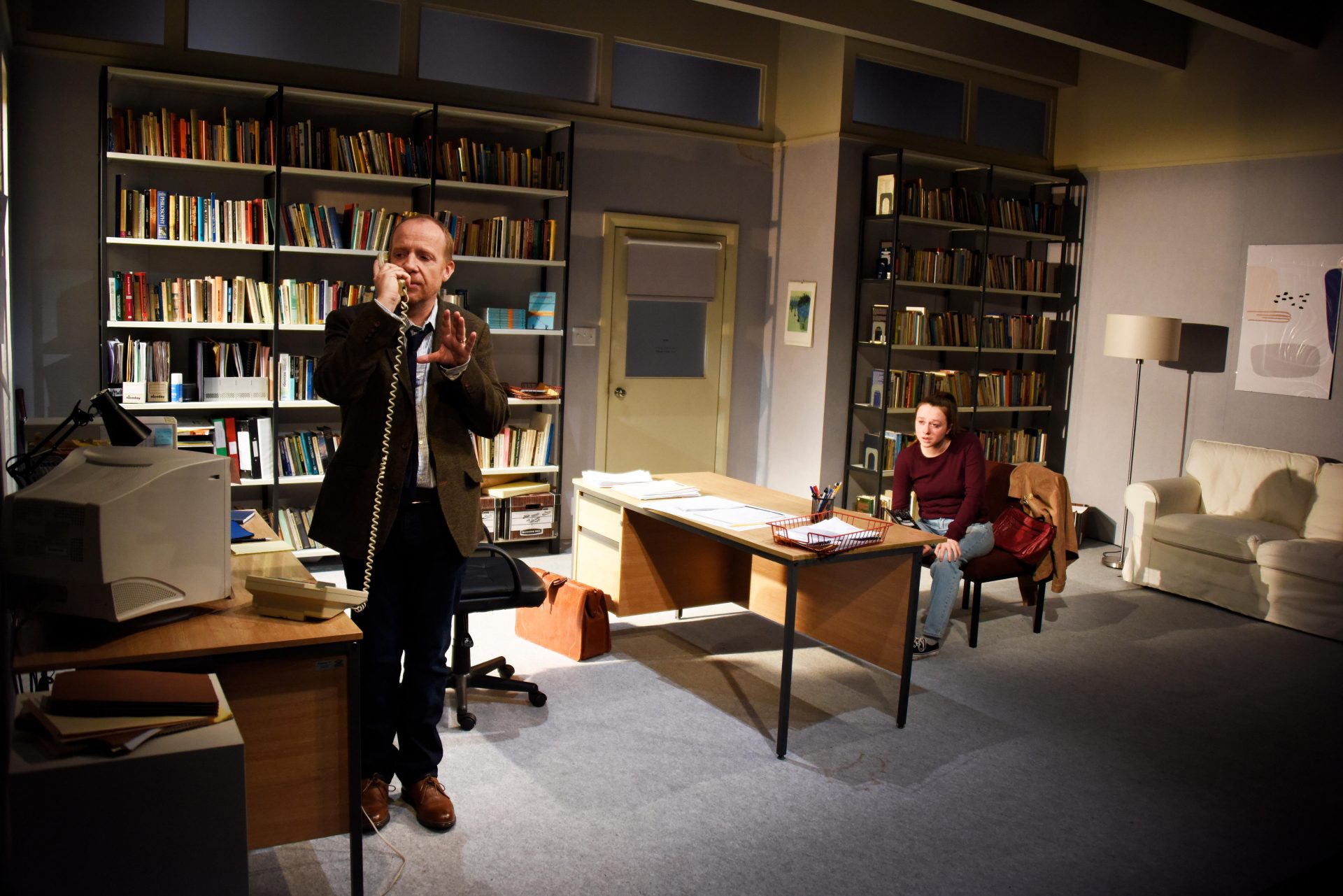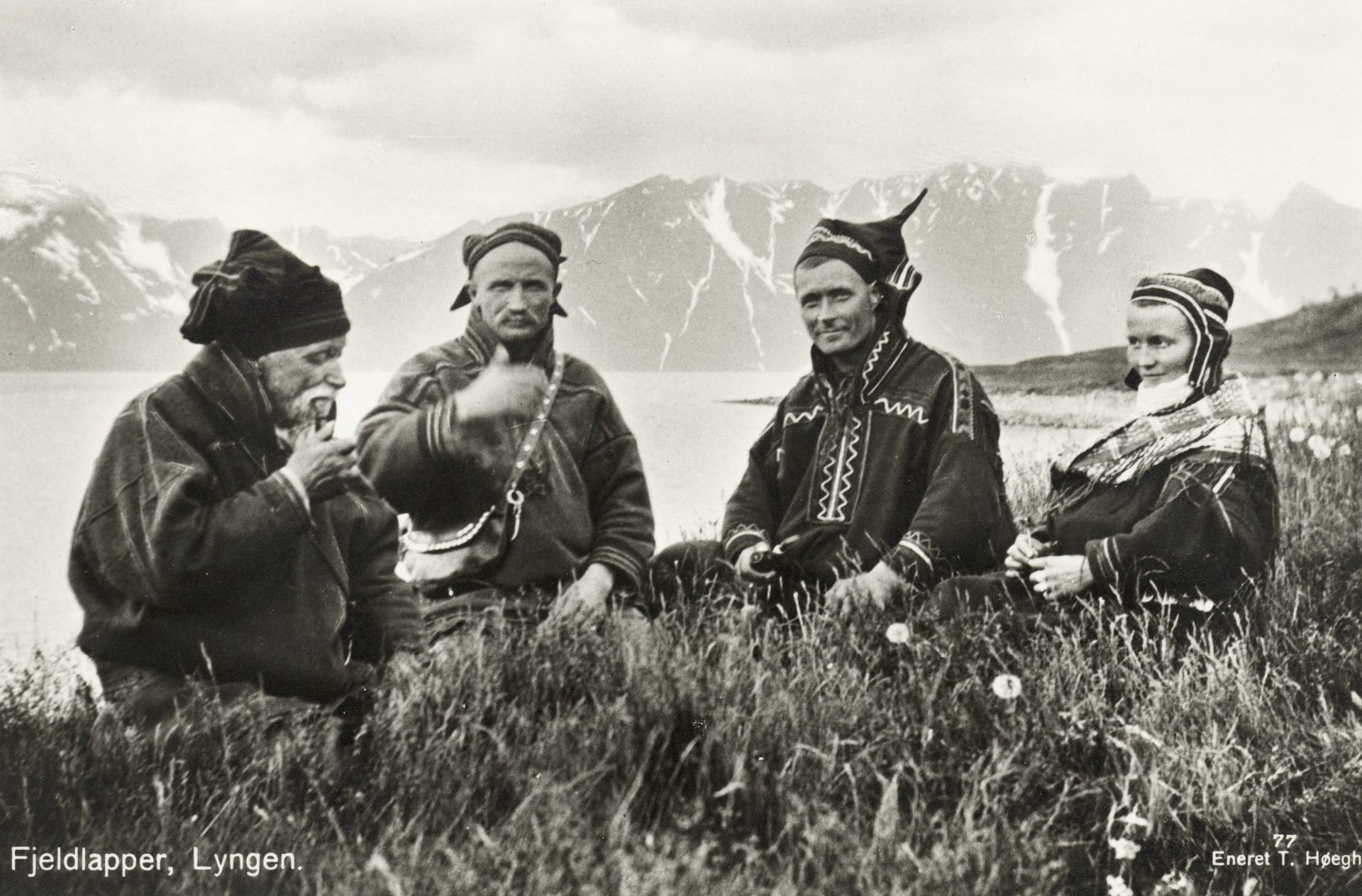Like many people emerging tentatively from the worst of the pandemic, I’m already feeling pangs of regret over the many things I didn’t achieve during the lockdowns, from reading more poetry to sorting out those boxes under the bed in the spare room.
While I’ll never be able to look the Duolingo owl in the eye ever again, I have used the time since The New European’s summer double issue to partly assuage one aspect of my lockdown guilt by catching up with some of the best new poetry collections that have been published since the start of the pandemic.
“Colours blacken in the grave/but poetry stays alive,” writes James Harpur in his translation of an Irish language poem attributed to St Columba and included in his newly-published collection The Oratory of Light: Poems in the Spirit of St Columba (Wild Goose, £7.99), a valuable reminder from one of three new books that have particularly impressed me this summer.
Each collection is very different from the others in almost every way, subject matter, style, format, but each hums like a tuning fork in harmony with the uncertain world through which we currently pass, underlining just how vital poetry can be in chronicling and guiding us through challenging times.
Harpur is English-born but has lived for many years on the coast of west Cork, an inspiring location on the fringes of Europe where the Atlantic meets a jagged landscape. A member of Aosdána, the exclusive, invitation-only association of the cream of contemporary Irish writers and artists, Harpur’s eighth poetry collection focuses on a favourite theme, the mysticism of the Christian saints.
He’s a deep thinker, intensely spiritual, yet able to distil complex and intimate thoughts and philosophies into concise, accessible and beautiful poems.
The Oratory of Light was written during the pandemic, when confinement led Harpur to recall his first visit to the island of Iona and the physical and spiritual freedom he found there. The poems riff on the life and work of the island’s greatest alumnus Columba – Columcille in Irish – some placing the reader in the mind of the man himself, a contemporary or simply observed through Harpur’s meditative poetic eye.
He draws on the works of the seventh century cleric Adomnan, Columba’s first biographer, the 16th century scholar Manus O’Donnell and a series of Irish language verses, anonymous but often attributed to Columba himself to produce a deeply affecting collection even for a reader without religious faith. Harpur’s work is universally human at heart.
In Exile he writes in the voice of Columba, “I drowned myself in books and catching fish/In songs and fasts but still the dreams increased/My soul reviving what my mind had crushed,” words that will evoke for many their experience of being jolted out of familiar routines by lockdown.
There’s a richness of language and description here too. In Columba the Scribe, Harpur writes of how, “My fingers ache from writing –/My feather’s beak/Scratch-squeaks/Its beetle-gleaming quill”, a vivid image of the scribe at work produced by his own beetle-gleaming quill, part of a powerful collection that may have its origins in the sixth century but is perfectly suited to the contemporary.
I read The European Eel by Steve Ely (Longbarrow Press, £12.99) just before the publication of the damning UN report on climate change earlier this month.
A long narrative poem published in a beautifully illustrated edition, Ely’s book traces the life of an eel from birth in the Sargasso Sea to its long migration across the Atlantic, up the English Channel and to the marshy flatlands of east Yorkshire before eventually making the return journey to spawn and die.
If I’d been expecting anything at all it was a broadly romantic tribute to one of the planet’s most enigmatic animals, one whose origins, travels and motivations human science has failed to crack despite centuries of investigation.
Instead, I found an unflinching condemnation of how we have polluted our seas and waterways, actions that have put the eel and many other species in grave danger of extinction.
The Sargasso is “the garbage sea, where the plastic of three continents/forms mats the breadth of Spain”, from where the eel sets off on an odyssey through “estuaries of blight:/oestrogen-saturated sewage, methamphetamine/neurotoxins, chromosome-warping neonicotinoid run-off”, into “trawled-out, codless seas”.
Entering the English Channel, the young glass eel transforms into an elver, its fellow travellers spreading across the North Sea, “some crossing to Rhine and Skaggerak,/the fjords of western Norway,/Millions more track Danelaw’s coast,/in the lukewarm sump of the muck-brown seaside sea”.
Despite this visceral evocation of environmental destruction that simmers with suppressed anger, The European Eel is a beautiful piece of work, its language sumptuous in its description, its author clearly awed by this unique creature. Childhood fishing excursions and even the etymology of his surname helped draw Ely to the subject and as part of his research, he trapped and observed an eel for three months in a home aquarium before releasing it into the beck where he found it.
Such close observation combined with extensive scientific research lifts The European Eel above more conventional modern nature writing that usually places the writer at its centre.
This is nature writing grounded in science: there can’t be many occurrences in verse of ‘eutrophic blizzard’, ‘dinoflagellates’ and ‘polyethylene microbeads’, for example. Pollution is just one threat to the continued existence of anguilla anguilla and Ely’s book, appended by extensive enlightening notes, reminds us that we’re in grave and imminent danger of seeing it become a eulogy.
The most immediately relatable of these three collections is John Osborne’s A Supermarket Love Story (Go Faster Stripe, £10).
The Norwich-based writer and performer has developed a fiercely loyal following for his travel books and live storytelling shows but the essence of his work can be found in his poetry.
There’s an extraordinary warmth in Osborne’s verse fired by a rare ability to see joy and beauty in the commonplace. It shone out of his 2016 collection Nobody Cares About Your New Thing and also infuses this new work, every poem in which is based on an aspect of the supermarket.
A Supermarket Love Story is light on political comment. “You can’t blame people/for cutting down on spending/since the results of the referendum./Their trolley is full of tins of things,/gathering enough to build a fort big enough/to block out sunlight and common sense,” is about as close as it gets.
That’s because Osborne is far more concerned with the kind of interaction we might witness without pause for thought, the countless human stories playing out around us that we are too caught up in ourselves to notice.
In First Date in a Supermarket Café we find a man at the table reading Milkman by Anna Burns, “box fresh from Foyles”. Arriving first, “He knows she won’t mention it/he just wants a quick easy way of saying/this is who I am/someone who buys and reads/cool new books”.
Meanwhile Two Paramedics With Muddy Trousers In The Crisps Aisle is a heartwarming sketch of a pair of green-clad colleagues, “these best friends/who sing songs as they cut through traffic./They will do what it takes to save you/they’re just stocking up on crisps first”.
A Supermarket Love Story is packed full of these glimpses that open into nuggets of life, snatches of intimacy, their innate gentleness a step back from everyday anxieties and fears.
These poems sound the emotional depths of passing moments in pared-down language disguising deep wells of empathy and hope behind a veneer of the unexceptional.
There’s a poem here that makes stopping at a supermarket in a town you’ve never been to an occasion to savour (spotting two employees outside enjoying a stolen kiss, “and maybe it’s because we’re on our way to a wedding/but it looks like the real thing”).
A call for the cleaner to go to aisle six becomes a litany of one person’s hopes and dreams, The Alcohol Aisle, longlisted for the 2020 National Poetry Prize, is a many-layered and wise exploration of drinking and there’s the most beautiful public address announcement you’ll ever hear. There’s even a poem about frozen scampi that will, I guarantee, make you cry.
A sixth century saint, a European eel and a supermarket might not have a great deal in common, but the poetry each inspires on these pages is united by its honesty and depth of thought.
Thank goodness for poets in these times more than any other, stepping back, observing, distilling, coaxing us to pause and look into ourselves and to remember that there is beauty and joy in the world, from a windblasted island abbey to a muddy tributary of the Humber to the fruit and veg aisle of your local supermarket.
As, James Harpur writes in Defending the Poets, “Wheelwrights and smiths have art/But also poets with their rhymes./The grace of making poetry/Is the greatest gift of time”.
A EUROPEAN LIBRARY
A weekly selection of fiction and non-fiction, new and old, to build a comprehensive literary portrait of our continent
TRIESTE by Daša Drndic (MacLehose Press, £9.99)
A wonderful, heartstopping evocation of the fault lines that opened across the continent during the first half of the 20th century. Ambitiously structured by Croatian author Drndic, this 2013 novel is a fact and fiction crossover tale of love, loss, horror, time and the Holocaust that pauses halfway through to list the names of 9,000 Holocaust victims murdered on Italian soil. Searing, unforgettable.




